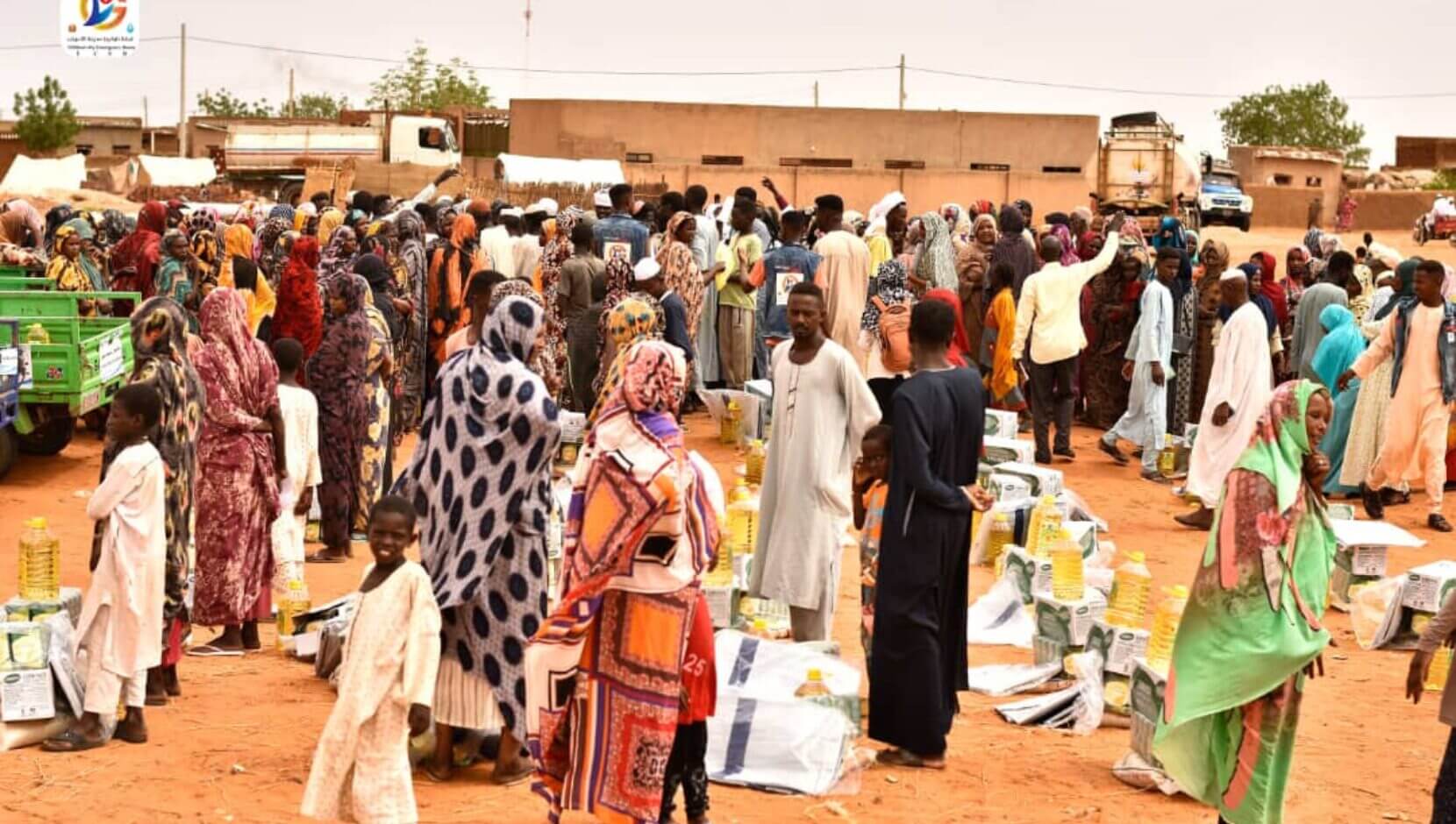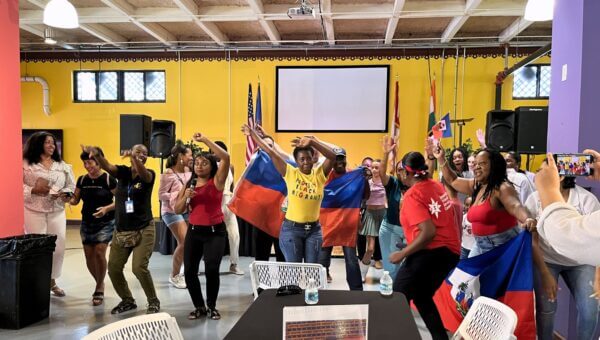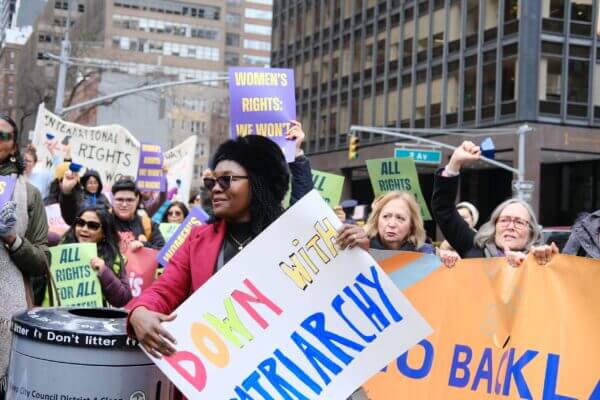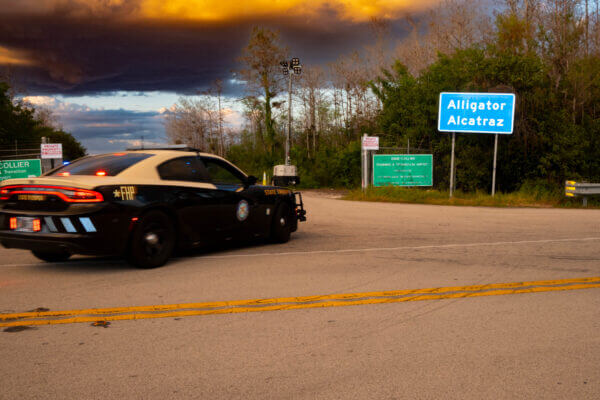In the early 2000s, Darfur captured the world’s attention. Sudan’s President Omar al-Bashir and his regime armed and supported paramilitary forces that carried out a genocide. The Janjaweed, the most infamous of these militias, targeted African ethnic groups, including the Fur, Masalit, and Zaghawa.
In response, global advocacy organizations sprang into action, launching the worldwide Save Darfur campaign. In the United States, there were mass efforts from congregations and community centers (including UUSC’s own Drumbeat for Darfur) to call representatives and march in the streets. Movie stars spoke to the United Nations. Amnesty International organized chart-topping musicians to produce a whole album.
Now, 20 years later, Sudan again faces escalated violence amid ongoing crisis and civil war. The Rapid Support Forces (RSF), a militia with its roots in the genocidal Janjaweed, initiated the fighting in April of 2023. This time, communities and advocates have mobilized within Sudan, but the rest of the world has taken little action.
Over the past few weeks, Sudan’s capital city of Al-Fashir (also known as El-Fashir) fell to the RSF. Right now, in Northern Darfur state, the RSF is starving civilians as a weapon of war. The United Nations has confirmed that more than 40% of children under age five in the region suffer from acute malnutrition, and 11% of them are facing severe acute malnutrition.
In January, the Biden administration determined that the mass executions by the RSF and 18-month siege marked by starvation and bombardment constitutes a genocide. This declaration, however, has been meaningless as the US has done little to stem the flow of weapons to the RSF from its allies—the UAE, Qatar, and Egypt.
In the face of U.S. inaction, however, civil society organizations have taken bold steps to support grassroots leaders in Sudan. In July of 2024, UUSC joined the Coalition for Mutual Aid in Sudan. The Coalition is a collaborative group of international humanitarian funders working directly with Sudan’s independent community networks known as Emergency Response Rooms (ERRs).
ERRs are built on Sudan’s tradition of nafeer — a social calling and cultural ethic wherein communities pool resources and take care of their neighbors. ERRs evolved from Neighborhood Resistance Committees that played a key role in the 2019 Sudanese Revolution. In 2020, these networks shifted from organizing political action to providing food and health services in response to the COVID-19 pandemic.
“In the midst of famine, war, and the collapse of public services, ERRs are a civic backbone,” Hanin Ahmed, the External Relations Officer for Sudan’s ERRs said. “We are not just delivering aid; we are building the connective tissue for a future Sudan.” In the face of collapsing state institutions, ERRs have evacuated hospitals, protected civilians, provided education and social support, and served as the primary lifeline for communities across all 18 Sudanese states.
Through this work, we have deepened our knowledge of how humanitarian funding networks can coordinate with grassroots groups. We must leverage our relationships to highlight the critical work of local communities. Both the community-centric work of the Coalition and successful leveraging efforts resulted in our recognition as part of the Clinton Global Initiative Commitment to Action.
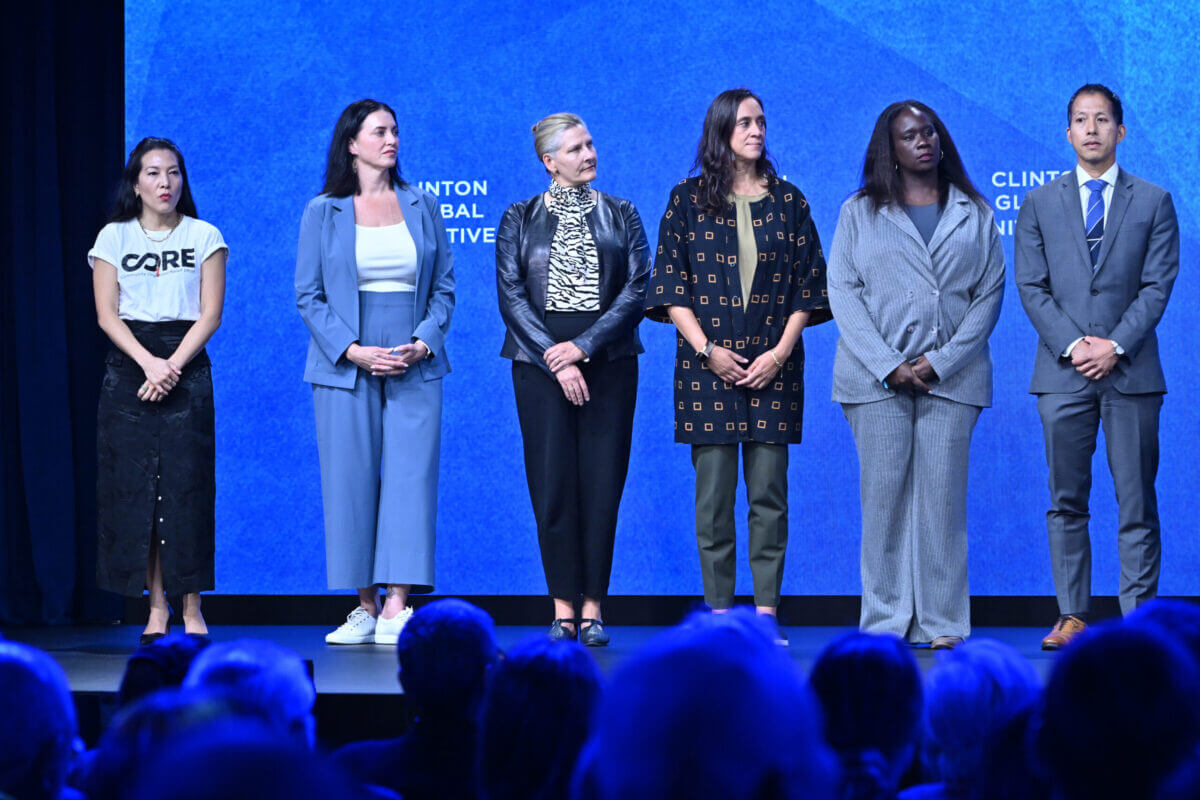
Through the Clinton Global Initiative, the Coalition committed to mobilize $6 million for the ERRs in 2024. We surpassed this goal and managed to disburse over $7 million. This September, the coalition and UUSC have committed to mobilizing at least $16 million in direct and flexible emergency grants. We continue to advocate for mutual aid as a critical pathway for donors to make the greatest impact.
While nafeer is a cultural concept specific to Sudan, we at UUSC share a commitment to community care. By leveraging our position, resources, and network, we grow a global community of support. We are grateful to those many supporters who have contributed to our emergency response fund and to the Congregation at Shelter Rock for their large congregational gift. By supporting grassroots justice work, we plant seeds of a future in which Sudan thrives.We are reminded of the words of Sudanese American activist, Emtithal Mahmoud: “Your courage is not forgotten. The world failed you today, but we will fight so it does not fail you tomorrow. In the face of genocidal violence, our hope is an act of defiance.” Make a contribution today to grow the movement for collective liberation. Now is the time to show your solidarity with the people of Sudan.
